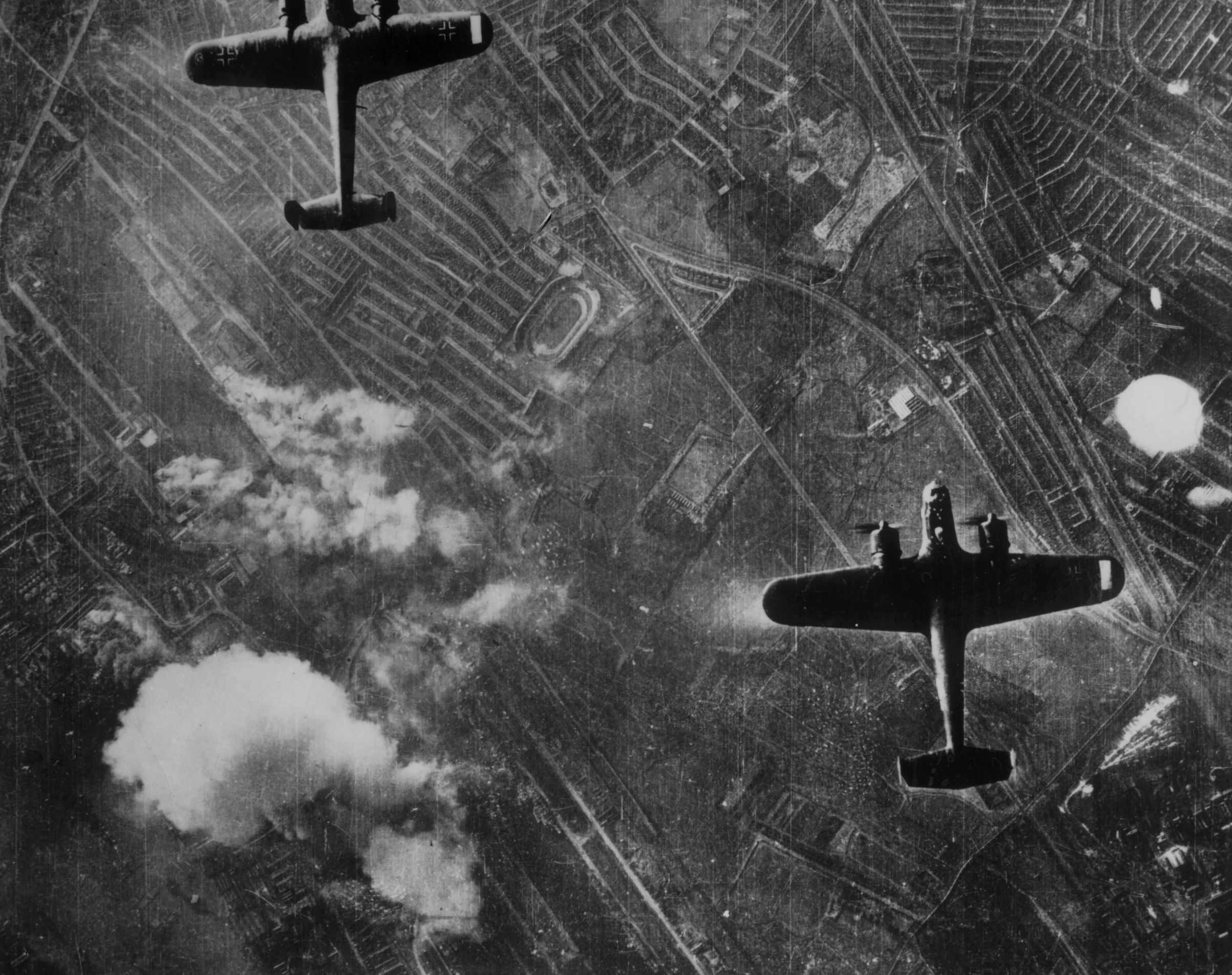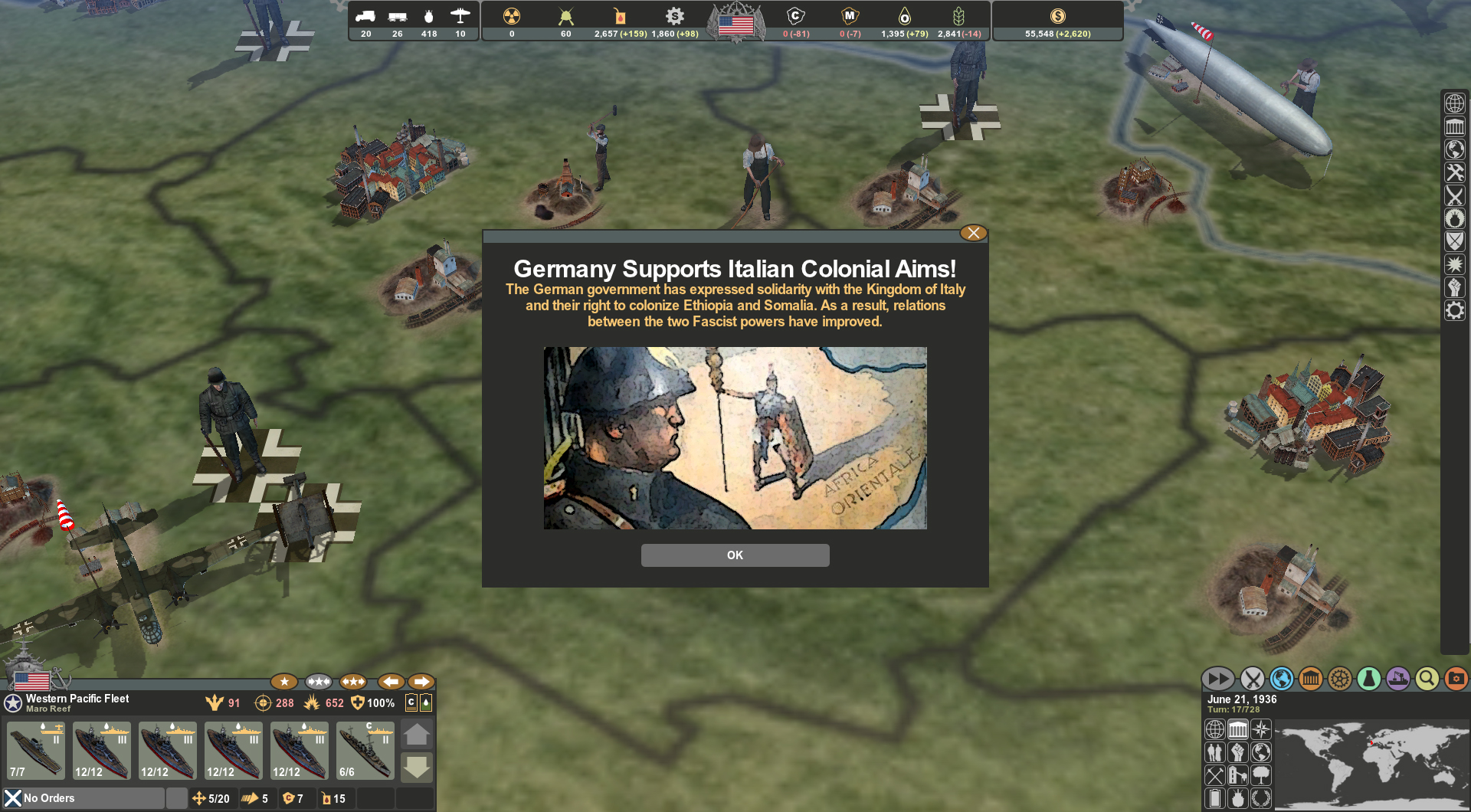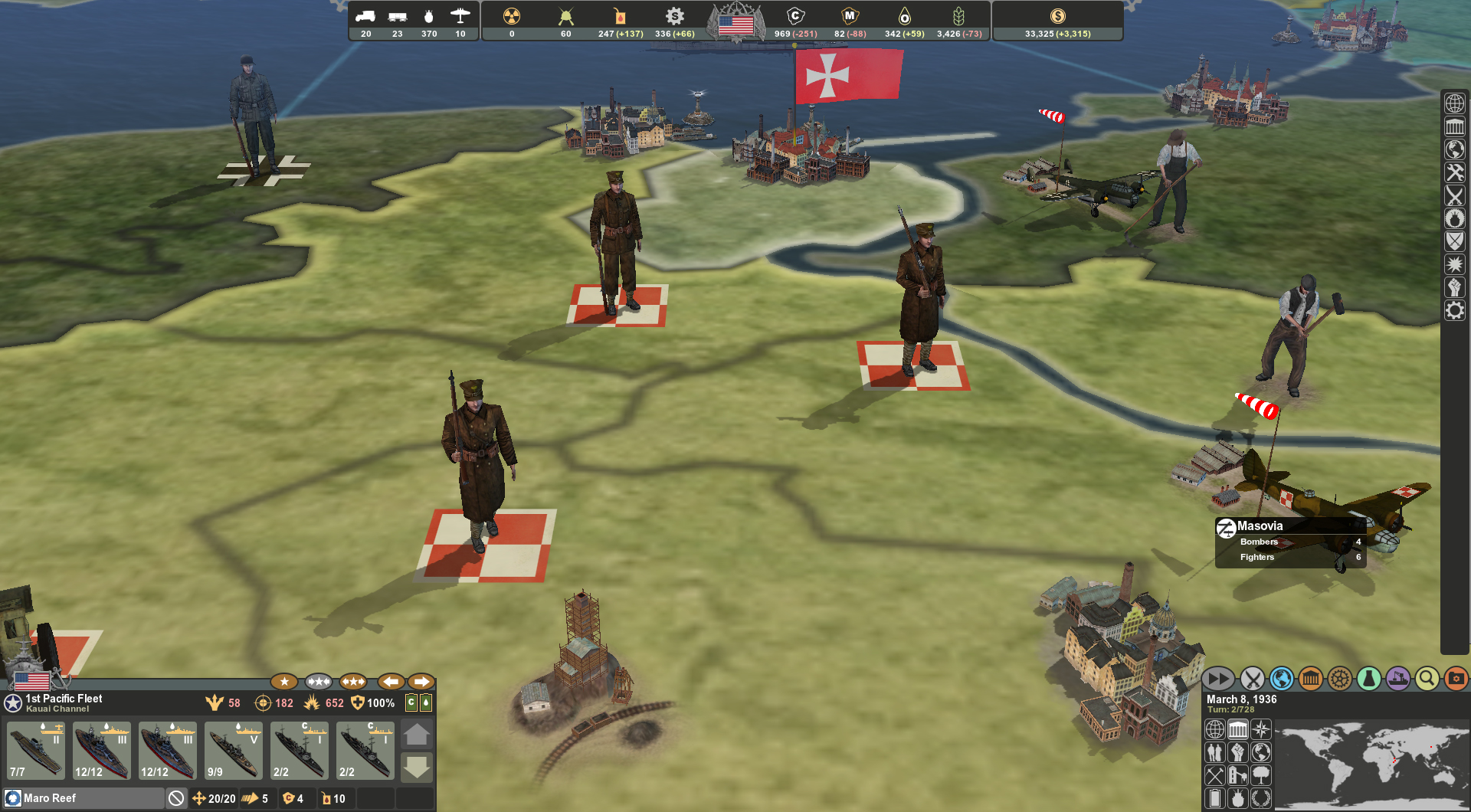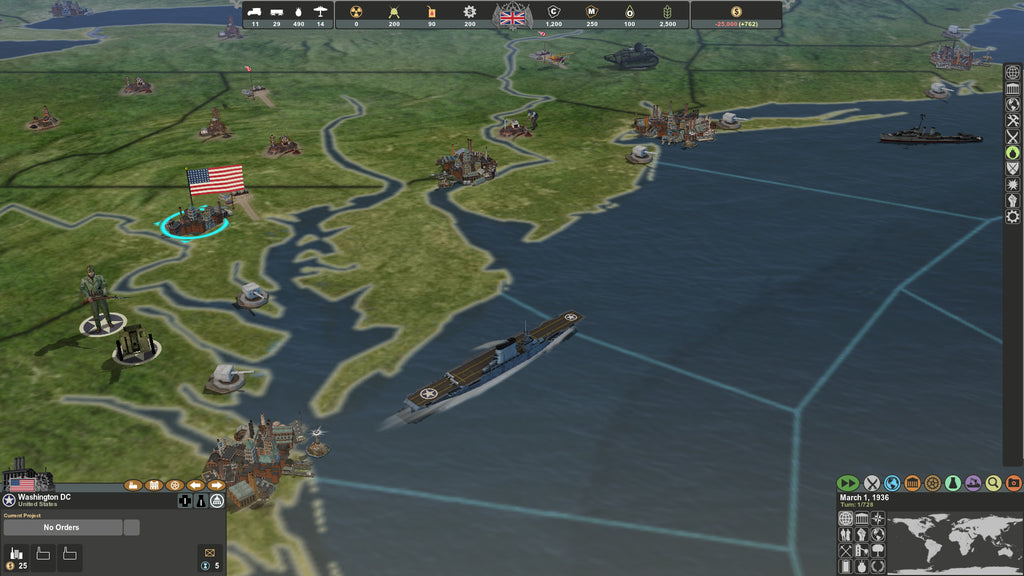

Political and literary historians, however, have exposed the ‘zero hour’ or finis Germaniae theories and interpretations as a myth and, in contrast, have emphasised the lines of continuity between the German Reich and its successor states, the Federal Republic of Germany (FRG) and its Cold War adversary the German Democratic Republic (GDR). This ‘young generation’ also had a magazine that published their independent writings and promoted a radical literary new beginning post 1945. To quote just a few German voices: sociologist Alfred Weber, said that it was the end of existing history: dramatist Wolfgang Borchert, a leading figure in the literary movement that took its name Kahlschlagliteratur ("clear-cutting literature") from the ruins that were everywhere in Germany, spoke, on his return from the war, of ‘a homeless generation that had not even bid farewell’ (to its previous life) the theologian Karl Barth waiting out the war in Basle declared shortly before the end of hostilities that the ‘zero point’ had been reached in December 1945, Theodor Spitta, the mayor of Bremen, spoke of a ‘completely new beginning’ a group of publicists and literary figures around Alfred Andersch and Hans Werner Richter called themselves ‘the young generation’ (even though they were not exactly young in years). Accordingly, those who lived through the days of the Third Reich’s total military capitulation on the and those who came after called this the ‘zero hour’. Only in 1989-90 were these Eastern bloc countries and the GDR able to break free.ġ945 can therefore be regarded as the most important break in both European and global history in the 20th century. The eastern part, along with the other central European countries, fell under Russian hegemony and the Soviet dictatorship. The western successor state to the Third Reich that was now regarded as responsible for the war was given a second chance within the framework of the Western alliance. Post 1945 there was a reshaping of views: memories of the war were not just influenced by national factors but also by the East-West division.

In the East-West conflict European powers, even Great Britain and France (former major international and imperial powers), became dependent on the strategies of the USA and the Soviet Union. The 19th century ideologies of fascism and communism took state control in the Soviet Union, Italy and the Third Reich between 19 and then between 19 divided Europe into two opposing blocs led by the USA and the Soviet Union.
#MAKING HISTORY THE SECOND WORLD WAR MOD DRIVERS#
European great powers would no longer be major players in world affairs as the drivers of social and economic change were no longer to be found in the old world.

National Socialism resulted in the material and moral self-destruction of Europe: some of the worst human rights abuses and the cost of colonial racism were clear by the end of the war. There are a number of continuing parallels between these two catastrophic historic events with their origins in Europe: many of the unresolved issues from WW 1 contributed to the escalation of events to WW 2, in particular the foreseeable decline of Europe as the centre of world affairs in 1918 that had become definitive post 1945.

We are somewhat in the same situation in this important commemorative year of 2014-15 for Europe: Europeans have only just understood the meaning of the First World War when they now have to interpret the significance of the Second World War. In France, there used to be a warning sign at level crossings that had no barriers warning that a second train could well follow directly after the first one (Un train peut cacher un autre).


 0 kommentar(er)
0 kommentar(er)
